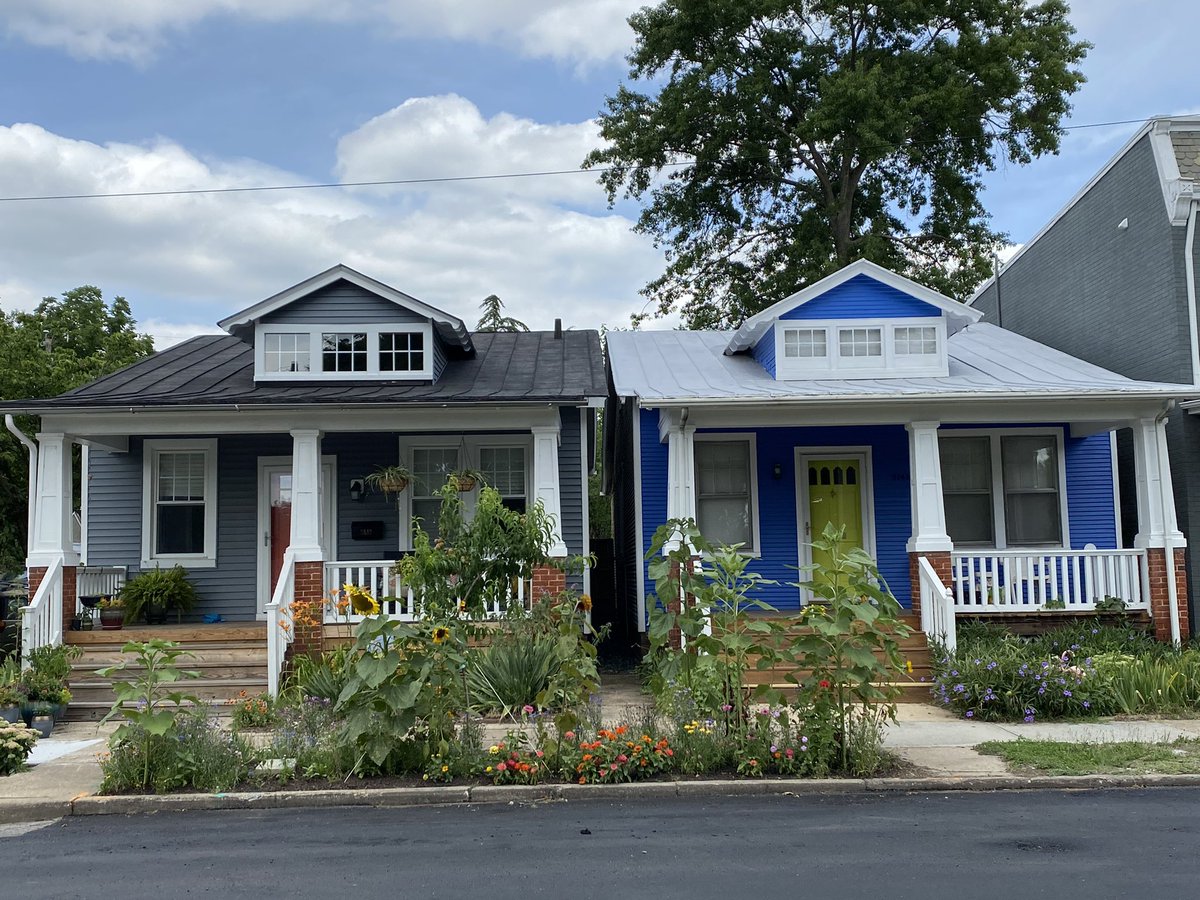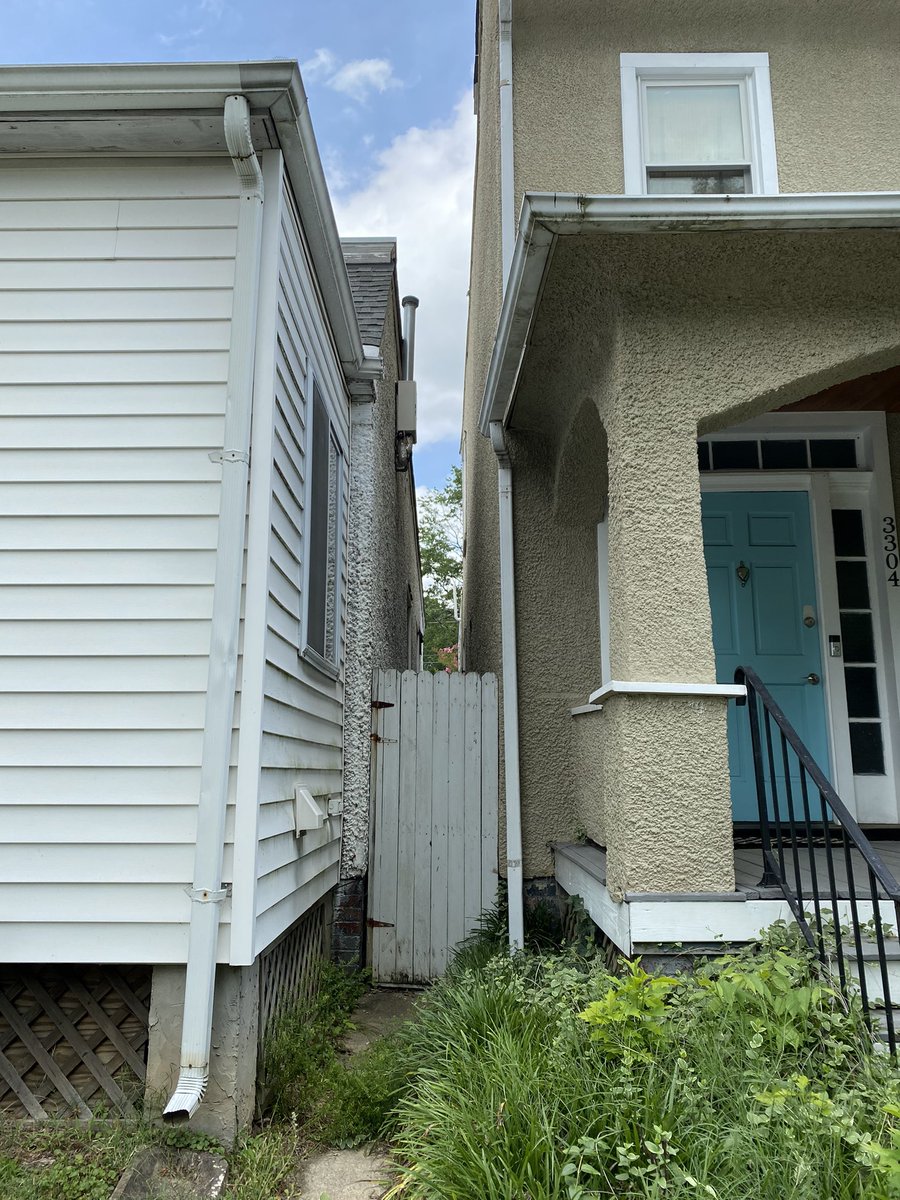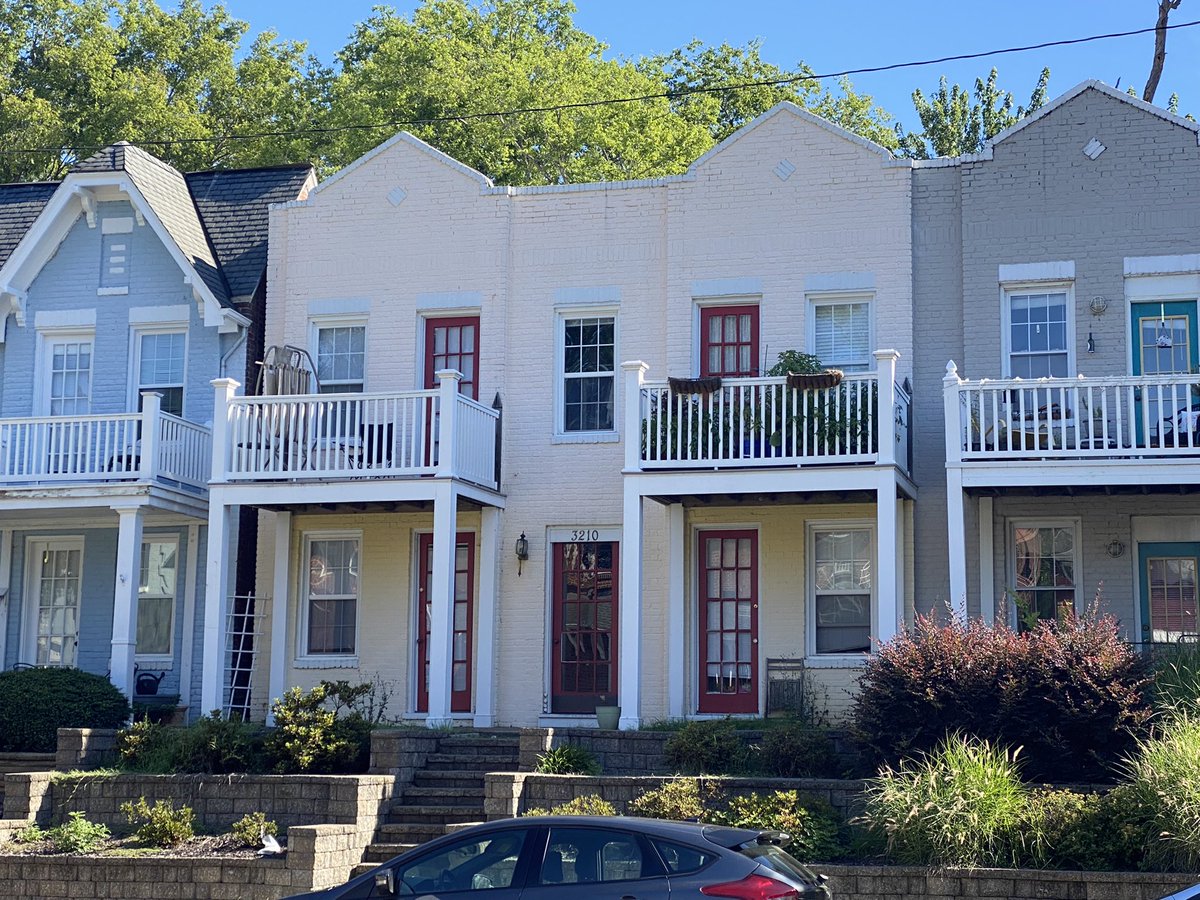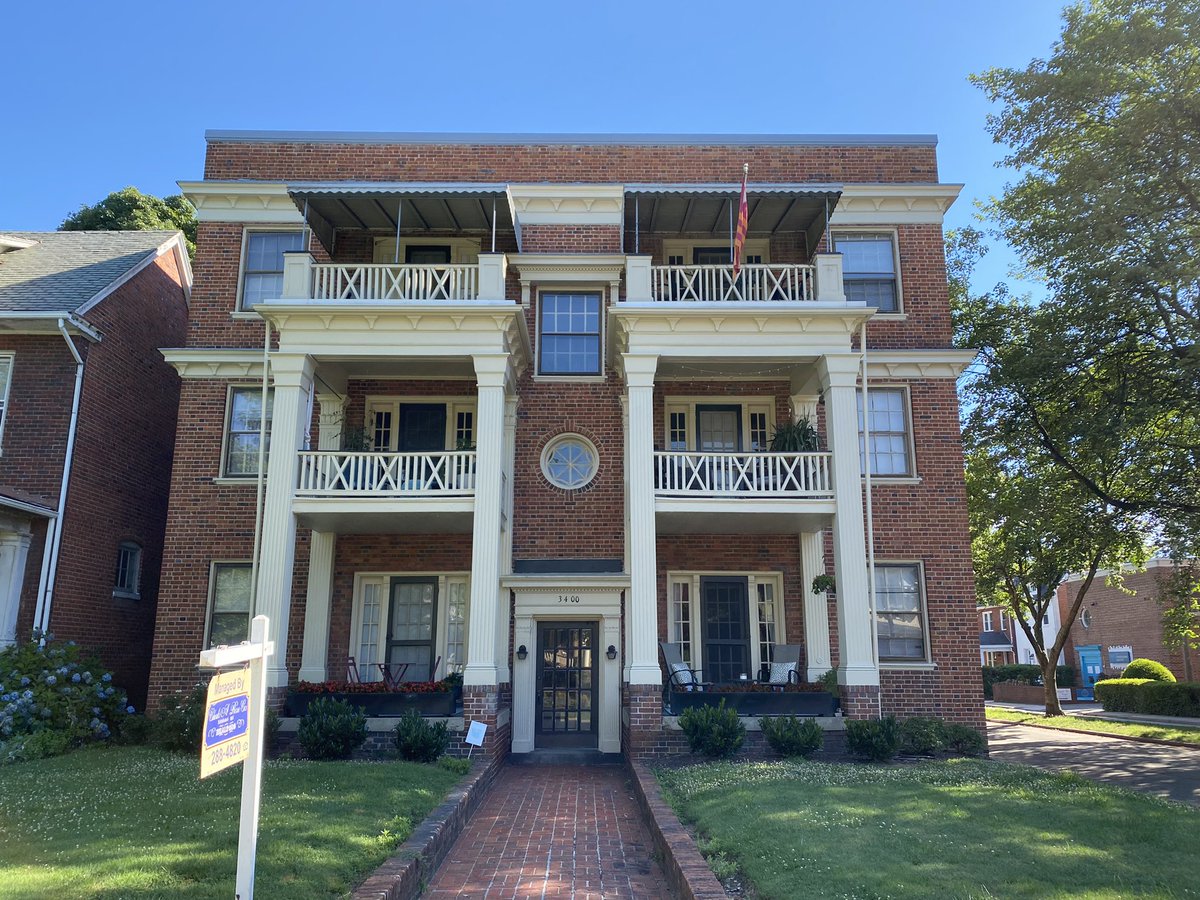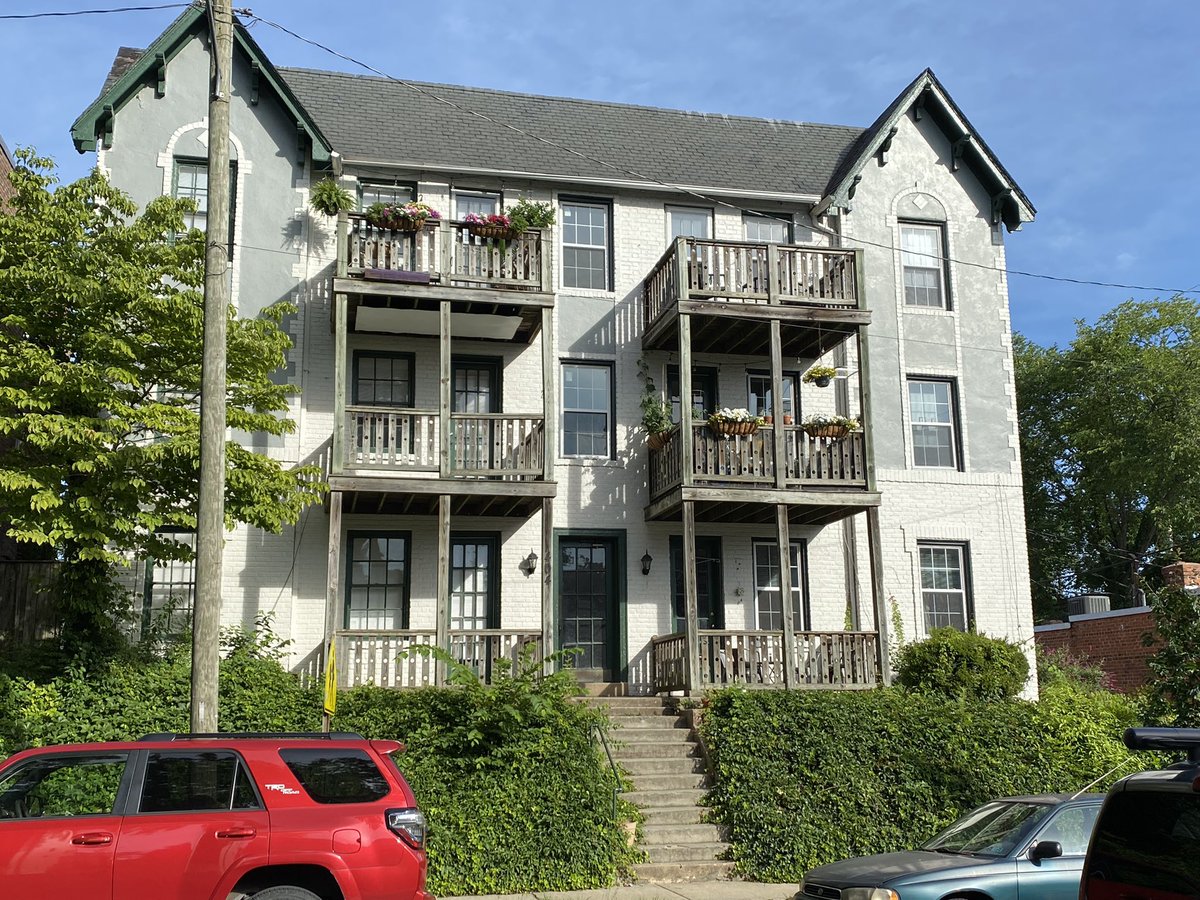
I’m thrilled to announce today’s release of my book, Fixer Upper: How to repair America’s broken housing systems. A short thread on why I wrote the book and what I hope it will add to public debates:
brook.gs/3BDqu1P
brookings.edu/book/fixer-upp…
brook.gs/3BDqu1P
brookings.edu/book/fixer-upp…
Housing conversations often focus on narrowly framed problems: short-term rent spikes, pandemic eviction worries, CA’s supply crisis. But these aren’t separate problems affecting different stakeholders & requiring different solutions. They share common underlying causes. 

Local govts exercise primary control over housing production. And local policymakers have effectively granted existing residents veto power. Both long-term homeowners & local govts have financial incentives to limit new housing, especially moderately-priced homes. So… 

…we shouldn’t be surprised that localities have created complex systems of rules that make it hard to build more housing in high-demand locations. These policies are popular with local voters—but awful for regional economies & millions of lower-income families.
Housing policy wonks (myself included) haven’t yet made a clear & compelling case to median voters—financially comfortable homeowners—that dysfunctional housing systems are relevant to them. But they are! Three ways current systems hurt everyone:
(1) Regional economies work better when there’s enough housing for workers at all income levels—housekeepers & baristas too. (2) Where we build & don’t build homes exacerbates climate change. US taxpayers are already paying $$$$ for climate-related property damage.
3) Most important: millions of families w/ kids live in poor quality homes/neighborhoods, w/ high levels of financial stress. If US wants a healthy, well-educated, productive workforce 20 yrs from now, we need to invest in better-quality living environments for *all* kids today.
Fixer Upper outlines a bunch of policy solutions: zoning reforms to allow more diverse housing, federal tax policies that encourage wealth-building complementary to homeownership, more sensible infrastructure finance that doesn’t distort housing production. 
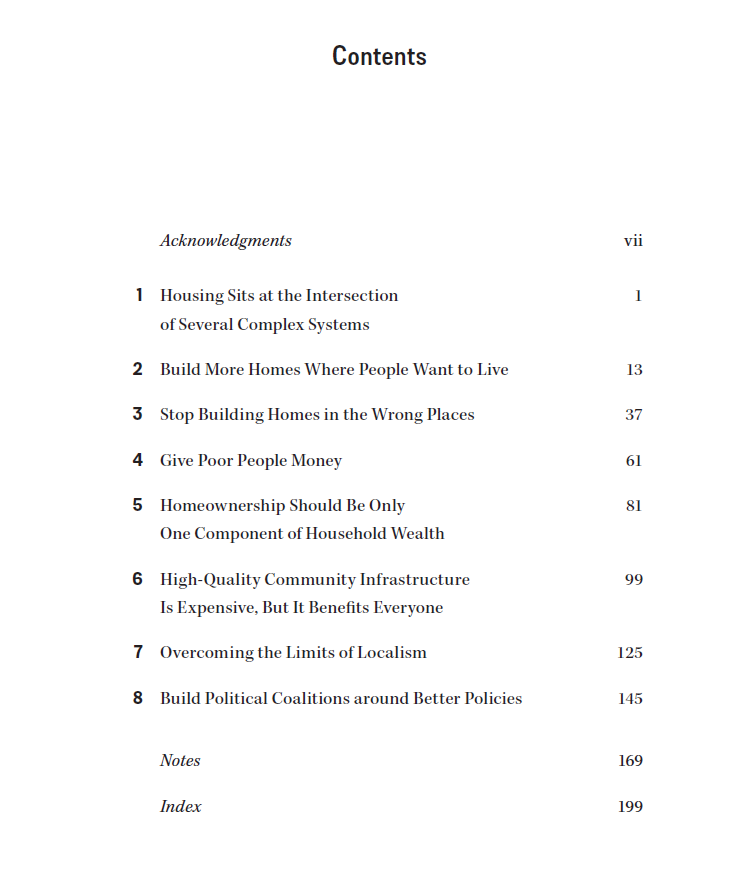
The biggest hurdle to better housing outcomes isn’t lack of good policy ideas. It’s building enough political support to enact policy changes that would ultimately make all of us better off. I hope this book can engage & persuade a wider audience.
brook.gs/3BDqu1P
brook.gs/3BDqu1P
Curious to read more? You can find Fixer Upper online through Bookshop or in your local bookstore. Friends in the DMV, that includes @kramerbooks @PoliticsProse @oldtownbooks. (end) brookings.edu/book/fixer-upp…
• • •
Missing some Tweet in this thread? You can try to
force a refresh


